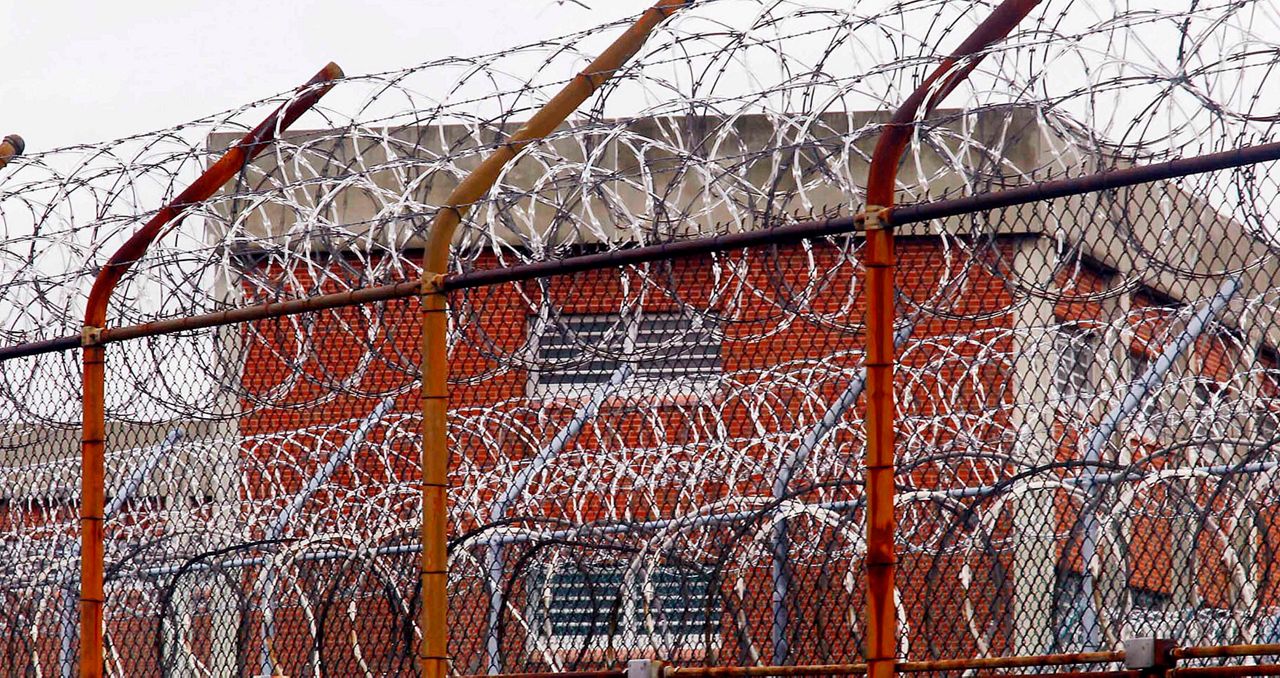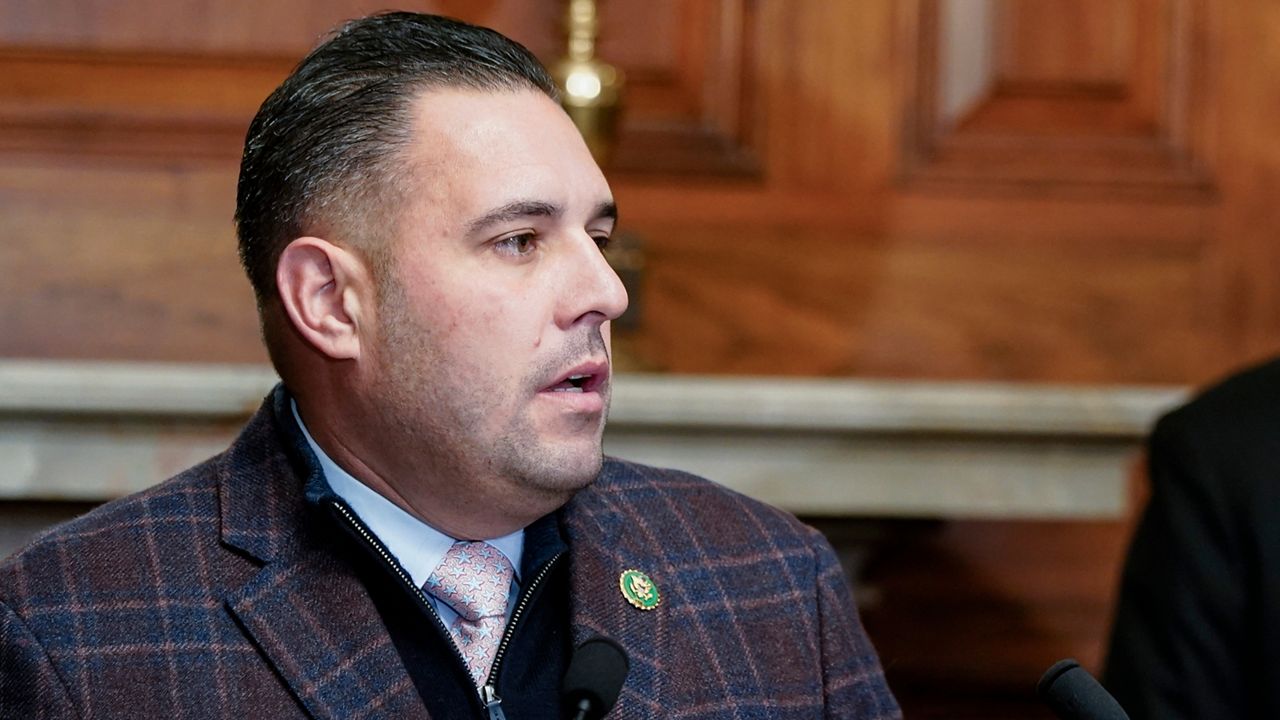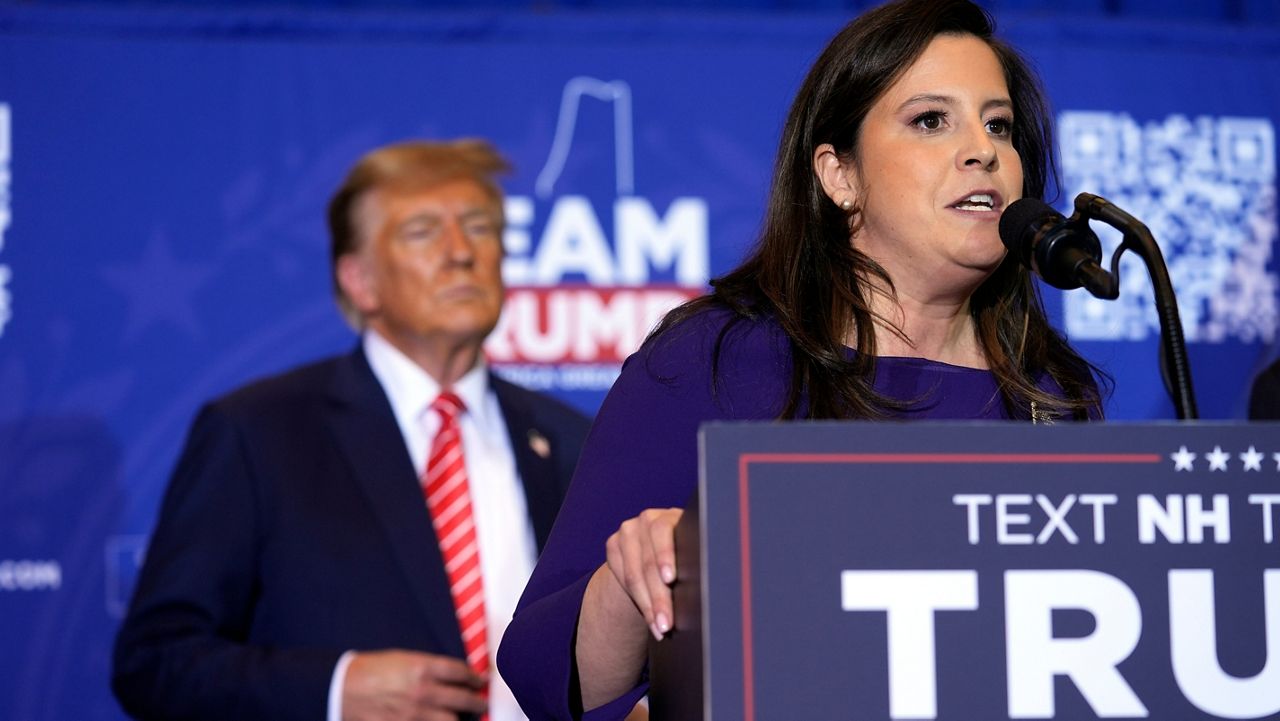JPMorgan Chase, in a letter to Gov. Andrew Cuomo and top state lawmakers, endorsed a bill that would allow for the expungement and sealing of criminal records.
The measure, known as the "clean slate" bill, lessens the impact of criminal convictions on a person once their sentence is completed.
The bill would cover both misdemeanor and felony convictions. Records for misdemeanor convictions would be sealed a year after the sentence is imposed, while records for felony convictions would be sealed for three years after. Misdemeanor convictions would be expunged after five years, and felonies after seven years.
The measure is likely to be among a handful of criminal justice law changes under consideration in the final weeks of the legislative session.
"Petition-based expungement is costly, complicated and time consuming," JPMorgan stated in the letter to Cuomo, Senate Majority Leader Andrea Stewart-Cousins and Assembly Speaker Carl Heastie. "In New York State, more than 600,000 people are eligible to have their records sealed, but very few pursue the complex process. This means that even after fulfilling their justice system obligations, people often continue to be blocked from fully participating in the economy."
The company pointed to the 2,100 people hired in 2020 who had criminal backgrounds, and whose history "had no bearing on the requirements the job they were seeking." The hires amount to 10% of JPMorgan's new workers in the U.S.
The firm employs more than 30,000 people in New York, and records sealing can help encourage participation in the economy.
"The clean slate legislation can help to change this," the company said. "As we continue to recover from the pandemic, businesses are adapting to economic conditions and resuming their search for skilled workers. By reducing barriers to employment for those with criminal records, we will be able to get more people back to work more quickly. JPMorgan Chase is committed to giving people across the country a second chance."








